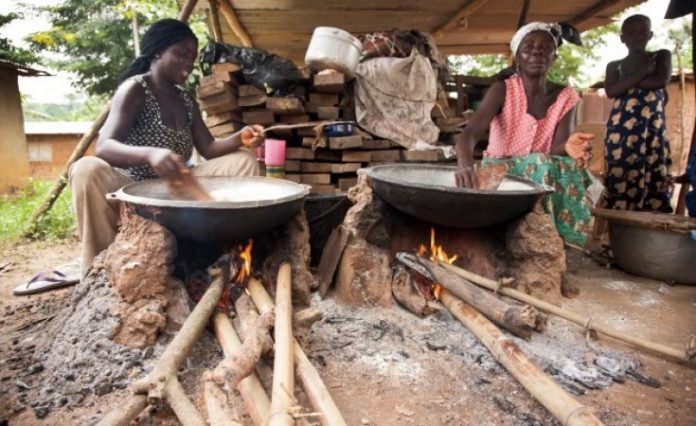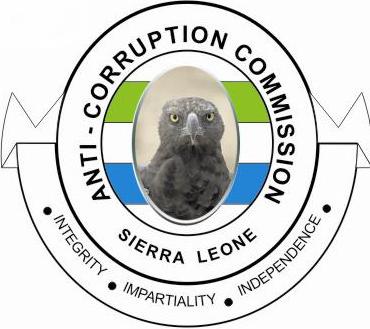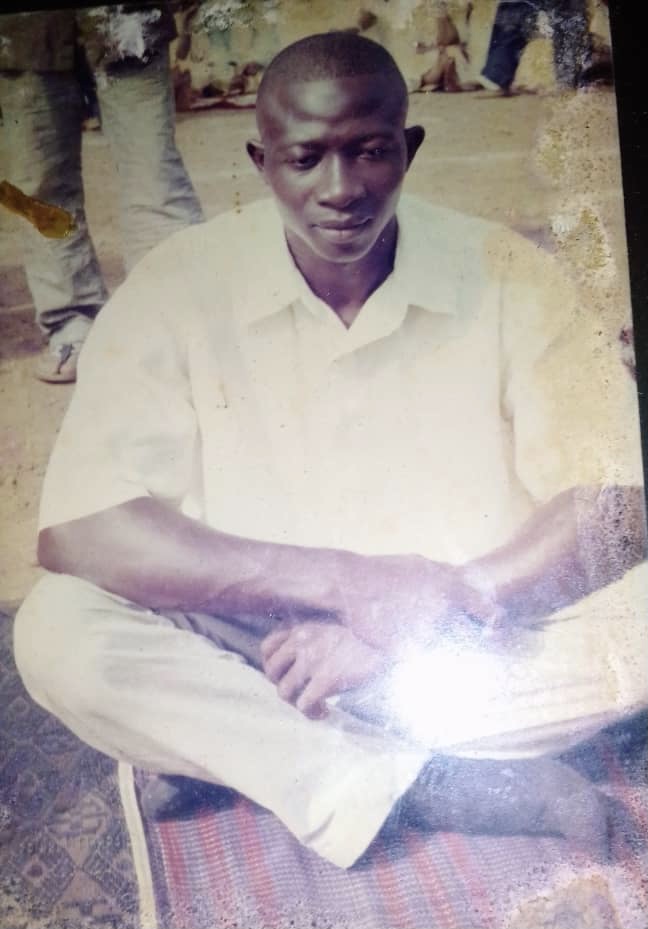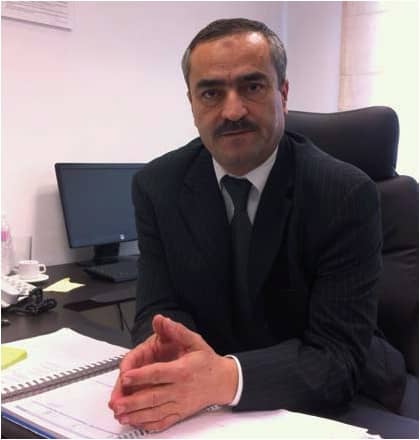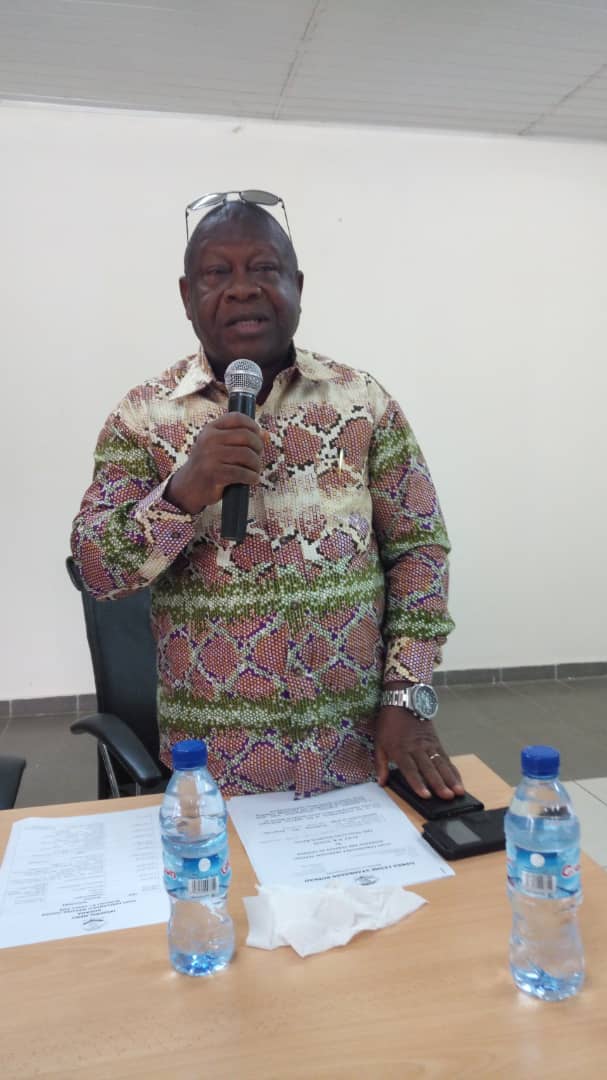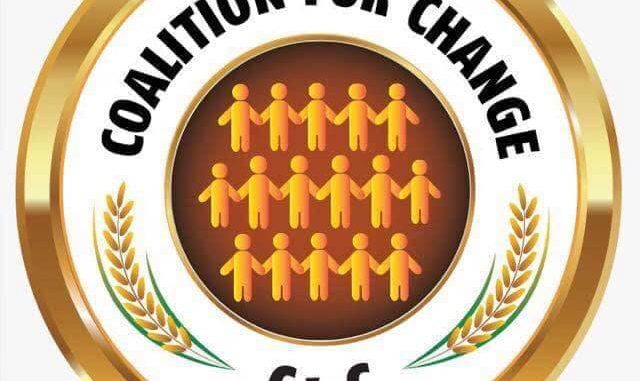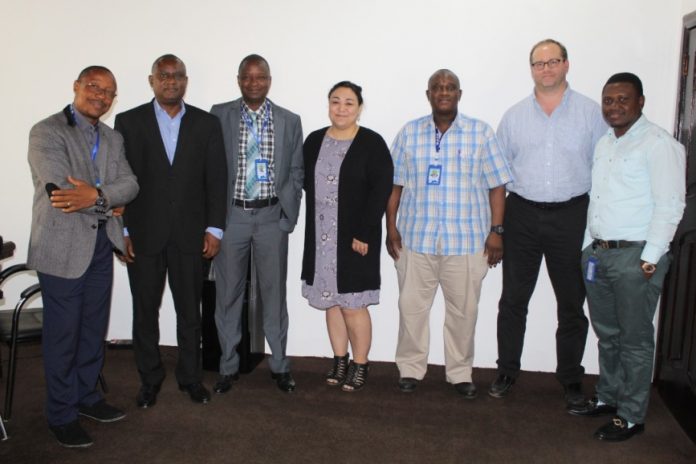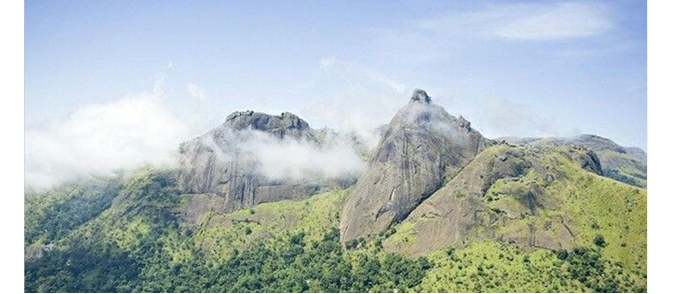By Amin Kef Sesay
Black carbon – emitted by gas and diesel engines and released through the burning of wood, peat, charcoal, and other solid fuels – is the second most significant contributor to climate change after carbon dioxide. For most Africans who lack access to affordable sources of power, burning charcoal and wood remains their sole source of energy.
However, as these fires burn across the continent, black carbon and smoke do more than accelerate climate change; they are also a source of serious health problems and a cause of ongoing forest destruction. Fortunately, recent progress suggests that it is possible to provide alternative sources of energy to those in need and, in so doing, address human health, climate change, and deforestation all at the same time.
Africa has the highest per capita wood fuel consumption in the world. It is estimated that across Africa, more than 80 percent of people use some form of wood fuel as their primary source of domestic energy; more than 80 percent of households in urban areas use charcoal, while firewood is used primarily in rural areas. All together, wood fuel consumption in Africa is likely to in billions of cubic meters each year.
All that wood going up in smoke has a real climate impact. It is estimated that cooking using solid fuels like wood and charcoal in Sub-Saharan Africa alone accounts for some 6 percent of global black carbon emissions. In addition, up to 34 percent of wood fuel in Sub-Saharan Africa is harvested unsustainably, contributing to widespread deforestation and land degradation.
According to World Bank data in 2017, only 23.4 percent of the population in Sierra Leone had electricity, while over 90 percent rely on charcoal and firewood for cooking. In fact, access to electricity is low across West Africa, including Guinea (35.4 percent), Liberia (21.4 percent), and Cote d’Ivoire (65.6 percent). According to Kandeh Yumkella, the former Special Representative of the Secretary-General for Sustainable Energy for All, if current trends hold, Africans will still be using such fuels to cook in 2050.
In addition to damaging the environment by contributing to the rapid shrinking of Africa’s rainforests and woodlands, exposure to household air pollution, especially smoke from cooking fires, causes 3.8 million premature deaths each year, mostly in low- and middle-income countries, according to the World Health Organisation (WHO). 98,000 Nigerian women die each year from the use of firewood, with thousands more at risk of severe health problems.
After malaria, tuberculosis and HIV/AIDS, smoke is the biggest killer of women and children. It has emerged as an important risk factor in the spread and severity of chronic respiratory diseases like chronic bronchitis, chronic obstructive pulmonary disease, and asthma. But the solution is simple; according to Yumkella, ending household air pollution-related deaths is as straightforward as delivering clean-cooking solutions.
Nowhere is the need for alternative energy more acute than in the Mano River Union (MRU) countries of Liberia, Guinea, Cote d’Ivoire and Sierra Leone. In November this year, a high-level multi-stakeholder renewable energy and clean cooking conference was held in Freetown, Sierra Leone. The meeting provided an opportunity for an in-depth discussion on five key thematic areas – energy access, sub-regional power trade, clean cooking, utilities infrastructures and the energy-health and economic development nexus.
Several projects are already underway to improve power generation in the sub-region, including regional organizations and transnational projects to better interconnect the power grids of the four countries. The Freetown meeting provided an opportunity to better coordinate these and many other projects while sharing knowledge and improving cooperation.
The governments of the MRU demonstrated their commitment to the issues of clean power generation by sending high-level representation to Freetown. The President of Sierra Leone officially opened the meeting and delivered a keynote address. He noted that there was no need for a region with so much potential to be so energy poor. With near-perpetual sunlight, untapped biomass potential, strong winds, numerous rivers, abundant natural gas, and a vast belt of clean geothermal reserves, he said, the region’s energy needs could easily be met.
The meeting included a wide variety of stakeholders, and national leaders were joined by civil society groups as well as representatives from the Economic Community of West African States (ECOWAS), the Centre for Renewable Energy and Energy Efficiency (ECREEE), Power Africa, Global Renewable Congress, UNOPS, HIVOS, and many others.
The Freetown Declaration
Following two days of engaging discussions, the meeting concluded that the governments of MRU should work together to harmonize policies for renewable energy and off-grid solutions across the four countries; seek technical assistance from international development partners to undertake relevant technical studies regarding status of clean cooking solutions; establish an MRU association of private sector actors in renewable energy and clean cooking solutions; commit themselves to enhance cooperation amongst legislators in the fields of energy, energy regulators, and ministries of energy; undertake the development of a roadmap for regional energy market integration; coordinate to strengthen a business enabling environment to attract private investment to the energy sectors of the sub-region; explore and pursue relevant, opportunities for cross-border trade amongst MRU member states; and commit to having an annual multi-stakeholders meeting.
The Freetown meeting was a great start to coordinating efforts to end energy poverty in the MRU and help combat the threats posed by black carbon. However, the hard work of implementing the recommendations still lies ahead. Regional cooperation and coordination will be key to ending energy poverty, developing renewable energy, and confronting climate change.

